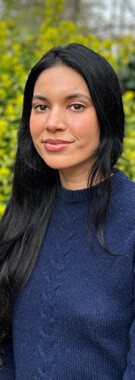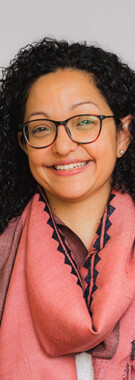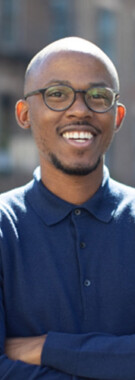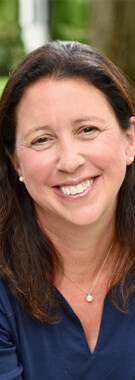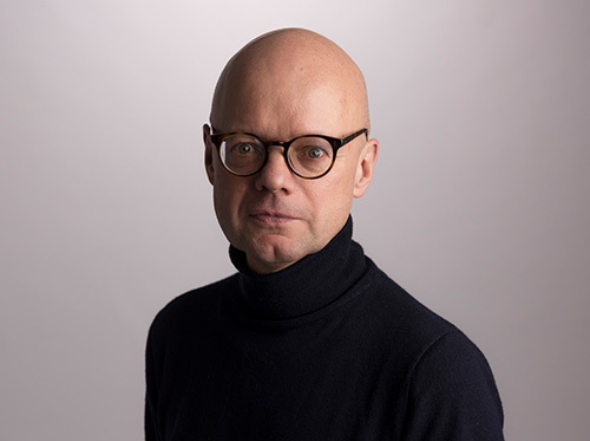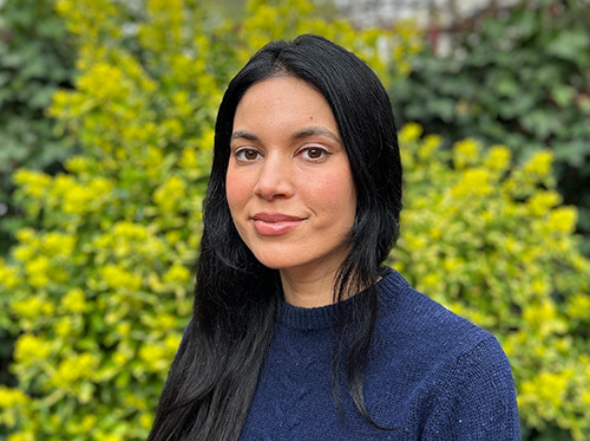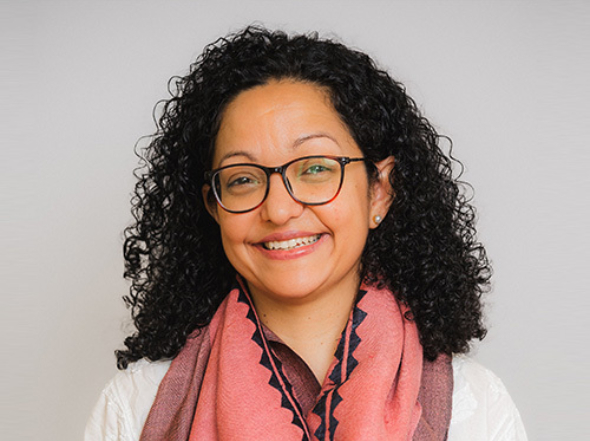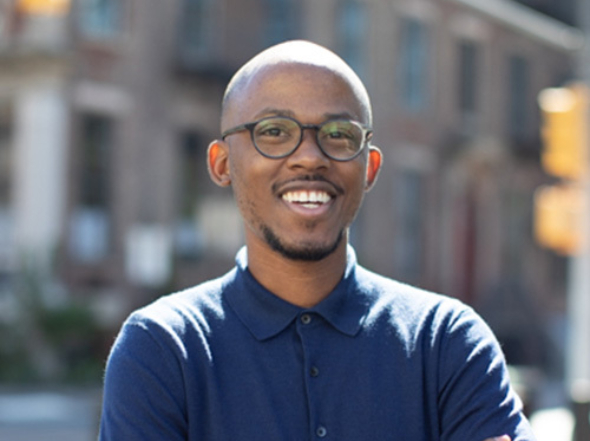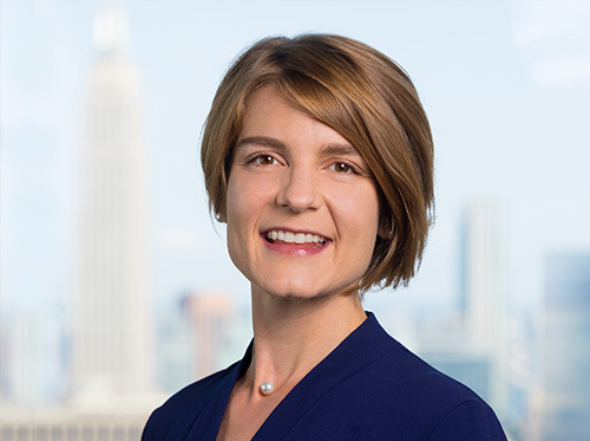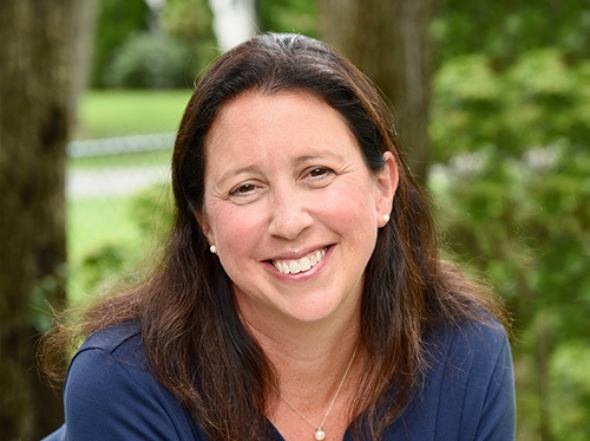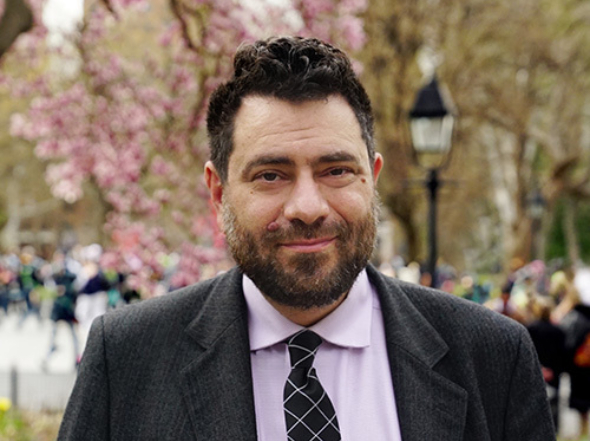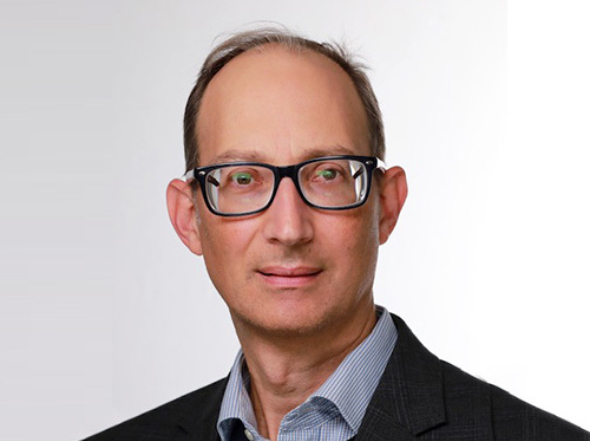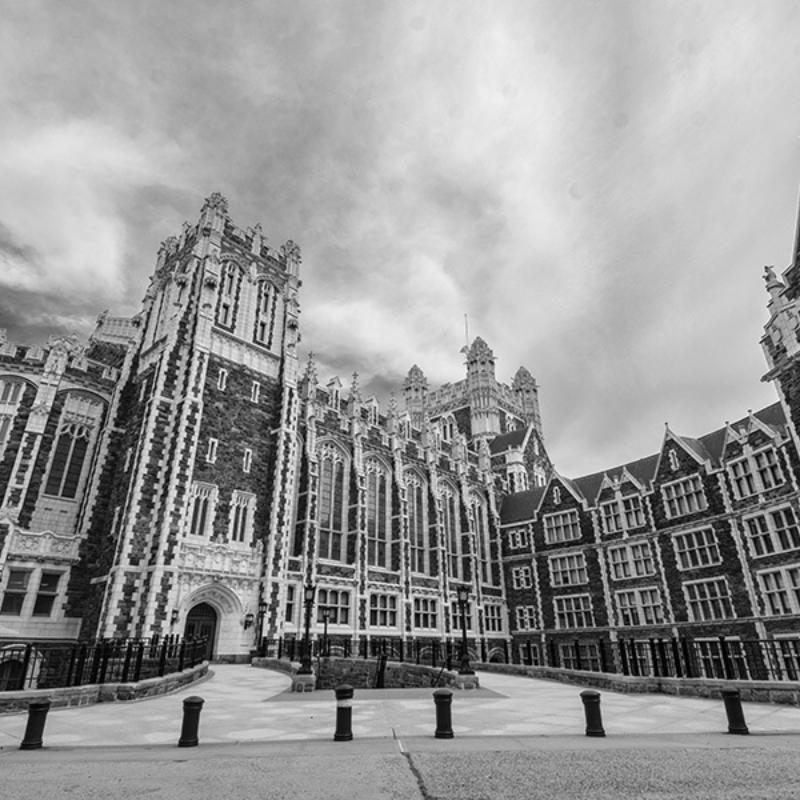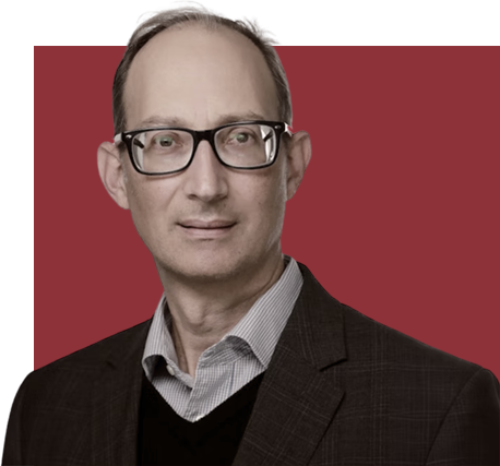
2025 Public Scholars
The Moynihan Center Announces its 2025–2026 Public Scholars Cohort
We are delighted to announce the 2025–2026 cohort of the Moynihan Public Scholars Fellowship. Jonathan Derbyshire, Amana Fontanella-Khan, Manjari Mahajan, Dan Mathis, Brittany N. Montgomery, Naomi Schaefer Riley, Harry Siegel, and Tevi Troy will join our intellectual community at The City College of New York. Each Fellow will receive an unrestricted award and participate in the weekly Moynihan Seminar, bringing diverse perspectives to bear on pressing public issues while engaging with City College's vibrant academic community.
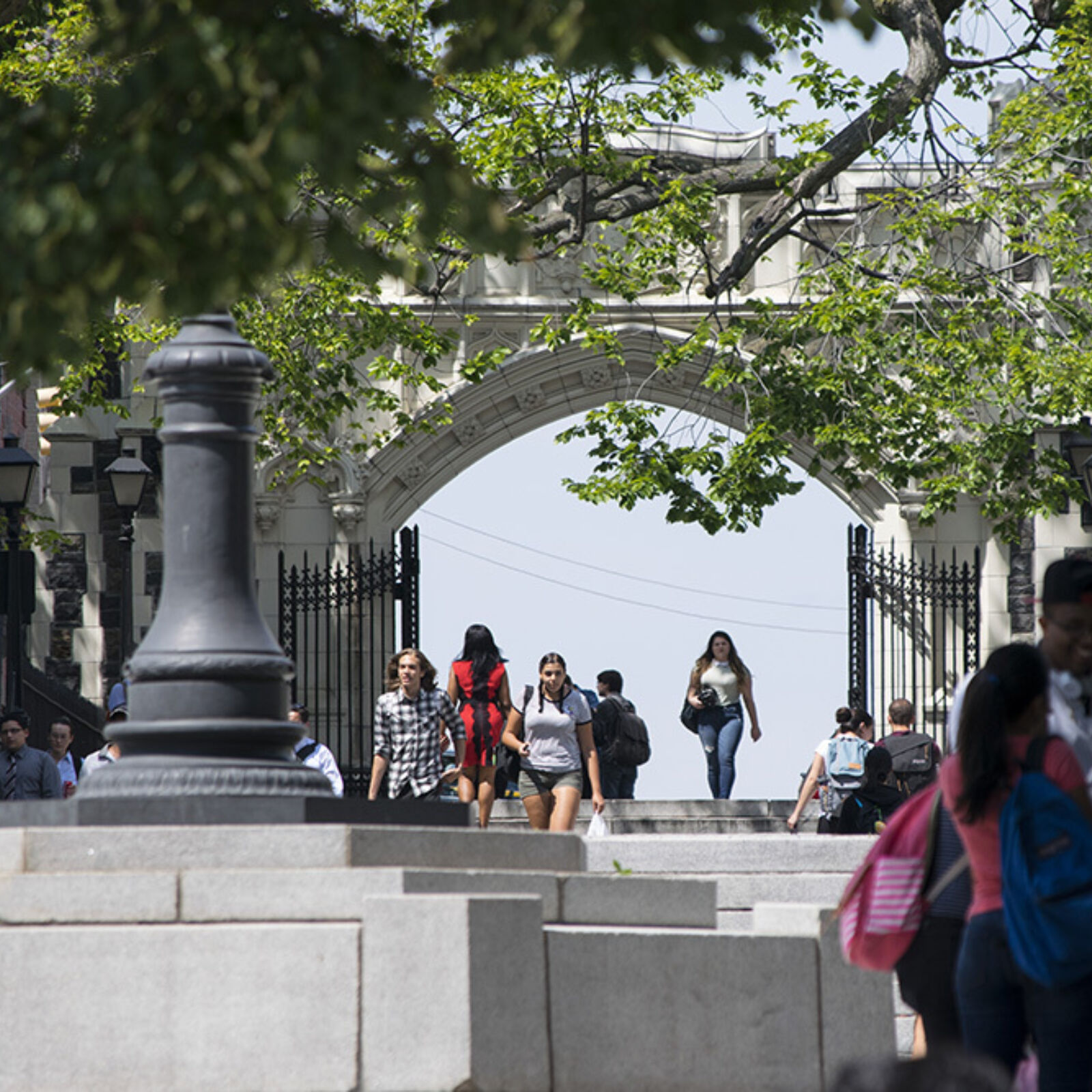
Fostering Dialogue Across Difference
The 2025–2026 cohort embodies the Moynihan Center's commitment to substantive exchange across ideological divides. From examining the historical roots of campus controversies to exploring challenges in child welfare policy, and from investigating conflicts of interest in biomedical research to proposing new frameworks for civic engagement, these scholars tackle complex questions, drawing from diverse intellectual traditions to inform their work. Their work demonstrates how rigorous analysis and open dialogue can enrich public discourse in an increasingly polarized society.

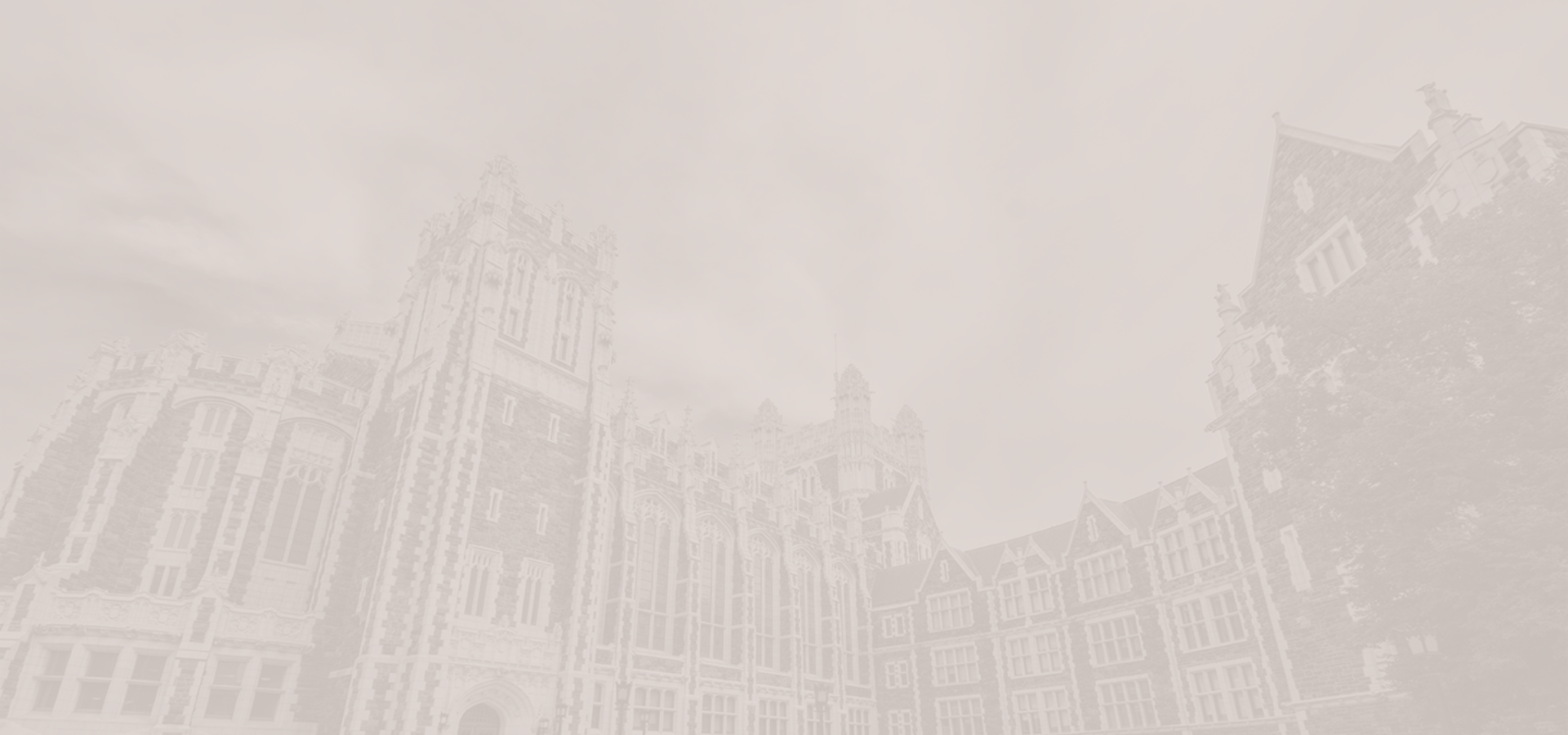
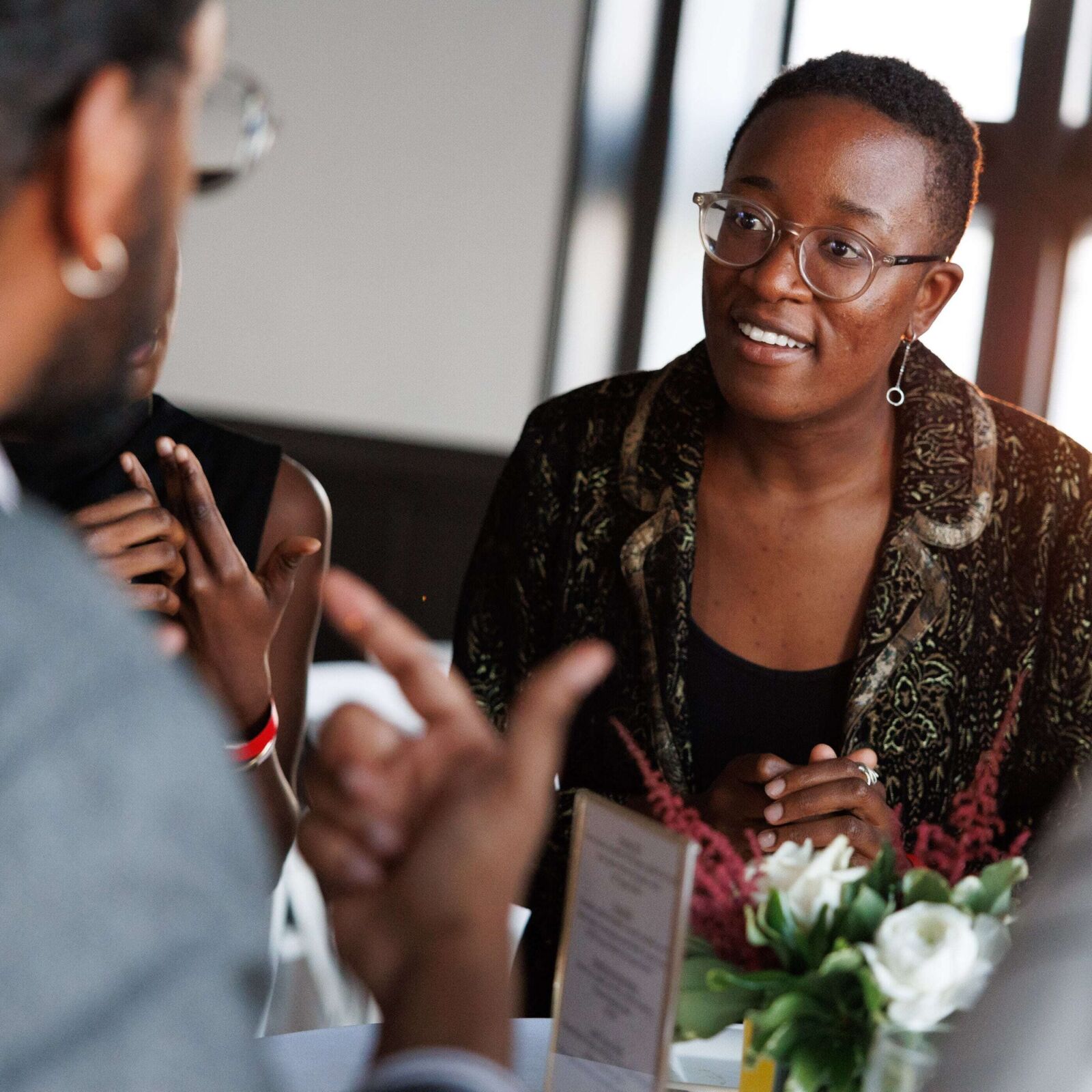
Bridging Scholarship and Public Engagement
Moynihan Public Scholars exemplify Senator Moynihan's legacy of intellectual rigor and effective communication. Drawing from academic research, journalistic experience, and public service, they illuminate complex issues for broad audiences while maintaining scholarly depth. During their fellowship year, Fellows will develop work that moves beyond conventional ideological categories to address our most urgent social, political, and cultural challenges.


Mentoring Tomorrow's Civic Leaders
A central mission of the Moynihan Center is connecting established thinkers with the next generation of civic leaders. Public Scholars will engage with City College's diverse undergraduate community, particularly our Moynihan Public Service Fellows, modeling how thoughtful engagement with ideas can strengthen democratic institutions and civil society. Through formal presentations, informal discussions, and structured mentorship, they will help prepare students to navigate complex policy challenges with both principled judgment and openness to diverse perspectives.


